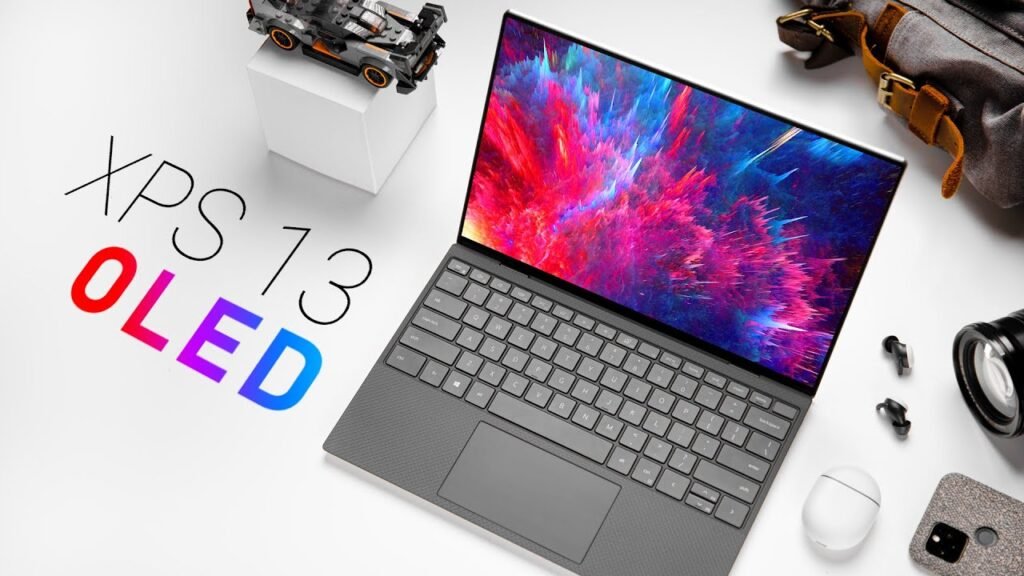In today’s digital world, the power of word-of-mouth has gone online, creating a new landscape shaped by restaurant reviews. These digital testimonials have become a vital part of how we decide where to eat. For diners, they offer a window into a restaurant’s quality before ever stepping inside. For owners, they provide direct feedback and a powerful marketing tool. This intricate system of star ratings and shared experiences has completely changed the dining industry, creating more transparency and accountability than ever before.
How Do Restaurant Reviews Influence Diners?
Choosing a restaurant is no longer a simple decision. It often involves research, and online restaurant reviews are the top source of information. This reliance on the opinions of others is a form of social proof, a concept where we trust the actions of a group to guide our own decisions. In fact, many people trust online reviews just as much as they trust recommendations from their close friends and family. This shows just how deeply embedded they are in our culture.
Positive reviews build trust and credibility. They reassure potential customers about the food, service, and atmosphere. On the other hand, negative feedback can have a swift and powerful effect. Research shows that a large number of people will avoid a restaurant after reading just one bad review. This effect grows stronger with each additional negative comment. Star ratings provide a quick snapshot, and there is a clear link between higher ratings and a restaurant’s popularity. Ultimately, good reviews make a restaurant a safe and appealing choice for diners.
The Power of a Single Star
The star rating system is incredibly influential. A small change in a restaurant’s average rating can have a big impact on customer perception. Diners often filter search results by rating, meaning restaurants with lower scores might not even appear as an option for many potential customers. This immediate visual cue is often the first thing a diner sees, making it a critical factor in their decision-making process.
The Financial Impact of Online Restaurant Reviews
The influence of online feedback extends directly to a restaurant’s bottom line. Multiple studies have shown a strong connection between a restaurant’s online rating and its financial health. For example, a study from Harvard Business School found that a one-star increase in a Yelp rating could lead to a 5-9% increase in revenue. Additionally, customers are often willing to spend more money at establishments with excellent reviews, associating a higher rating with better quality and experience.
Furthermore, a steady stream of positive restaurant reviews is a major boost for local search engine optimization (SEO). Search engines like Google see fresh, positive reviews as a sign of a relevant and high-quality business. This can push a restaurant higher in local search results, increasing its online visibility. More visibility leads to more website traffic, more phone calls, and ultimately, more diners. In a competitive market, mastering your online reputation is key to success.
A Restaurant’s Guide to Managing Online Feedback
For restaurant owners, proactively managing their online reputation is essential. This involves more than just hoping for good feedback; it requires a strategy for encouraging positive comments and addressing negative ones. Thoughtfully managing your online restaurant reviews can turn them into a powerful asset for your business.
Responding to All Types of Reviews
Engaging with customer feedback, both good and bad, shows that you value your patrons and are committed to their satisfaction. Here’s a simple guide:
- Positive Reviews: Always thank the customer for their kind words. A personalized response shows that you appreciate their business and encourages them to return.
- Negative Reviews: Respond quickly and professionally. Apologize for their poor experience, show empathy, and avoid getting defensive. If appropriate, offer a solution or invite them back to make things right. This public display of accountability can impress other potential customers.
Using Feedback for Improvement
Negative restaurant reviews can be a blessing in disguise. They offer direct insight into operational issues you might not be aware of. By analyzing feedback, you can spot trends related to specific dishes, service speed, or staff behavior. Perhaps your commitment to healthy meal prep ideas isn’t translating well on a certain dish. This feedback is a free consultation on how to improve your business and enhance the overall dining experience for everyone.
The Psychology Behind Restaurant Reviews
Understanding the motivations behind writing and reading reviews can offer valuable insights. For reviewers, it’s a way to share a memorable experience, help others, or feel influential. Interestingly, the timing of a review can change its tone. Reviews written right after a meal are often more detailed and can be more emotionally charged, while those written later may be more general and positive.
For readers, certain cognitive biases are at play. The “negativity bias” means people often give more weight to negative information. This is why a single bad review can sometimes feel so damaging. However, a profile with only perfect five-star ratings can sometimes seem suspicious. A mix of mostly positive reviews with a few minor critiques often appears more genuine and trustworthy to savvy consumers. This ties into the broader psychology of human happiness, as people seek authentic and reliable experiences.
The Future of Digital Word-of-Mouth
The world of restaurant reviews is constantly evolving. Looking ahead, we can expect to see several new trends. Artificial intelligence may soon provide instant summaries of hundreds of reviews, giving diners a quick overview of a restaurant’s strengths and weaknesses. Additionally, video reviews and influencer content are becoming more popular, offering a more dynamic and visual way to share dining experiences. Staying aware of these changes will be crucial for restaurants that want to stay ahead.
In conclusion, the impact of restaurant reviews is undeniable. They empower diners with information and provide businesses with invaluable feedback. For restaurants, learning to listen, adapt, and engage with this digital conversation is a key ingredient for long-term success in the modern hospitality industry.

